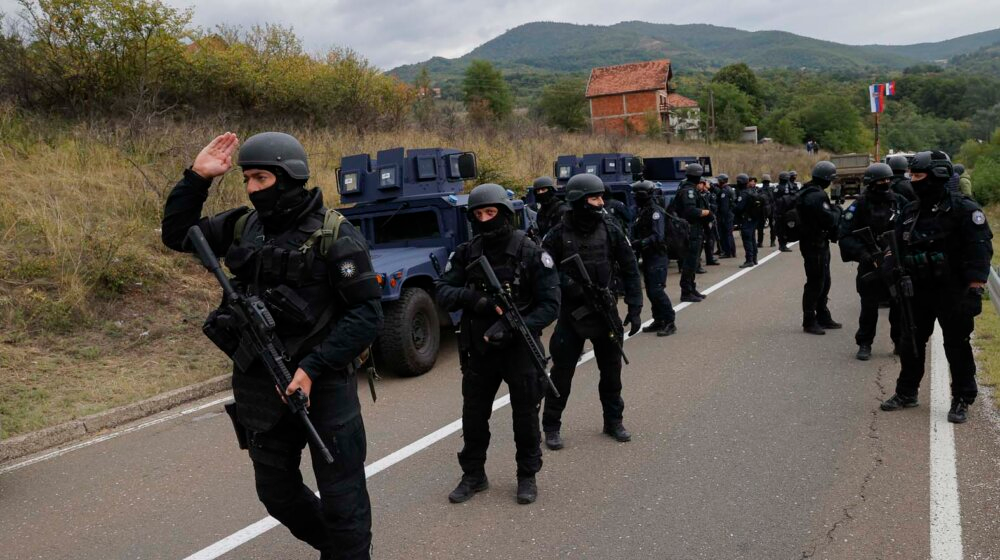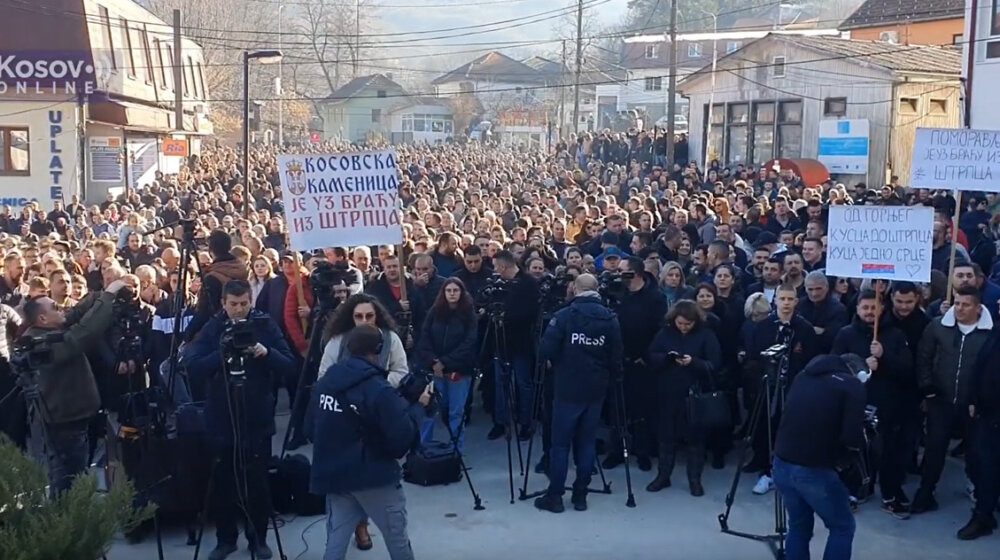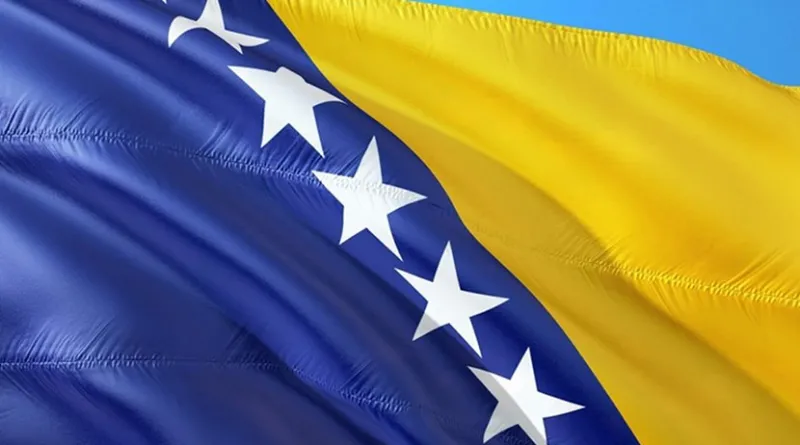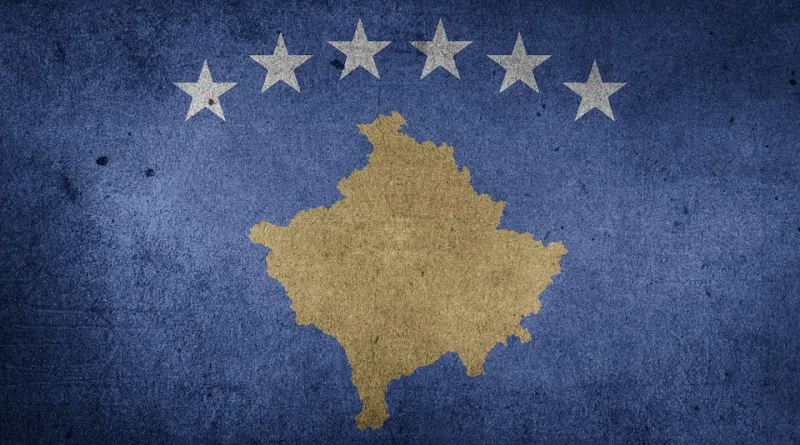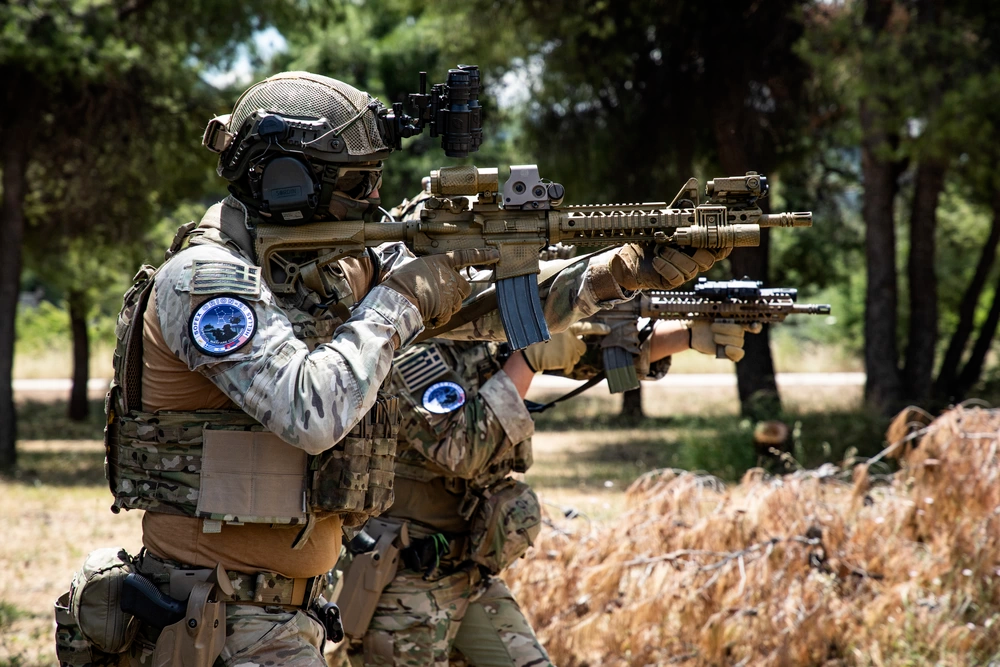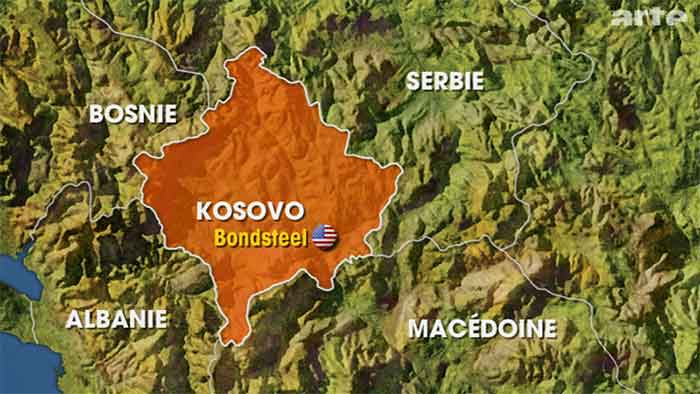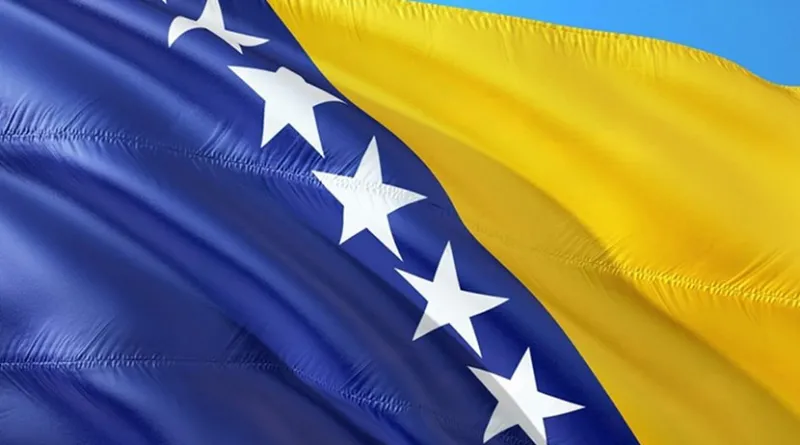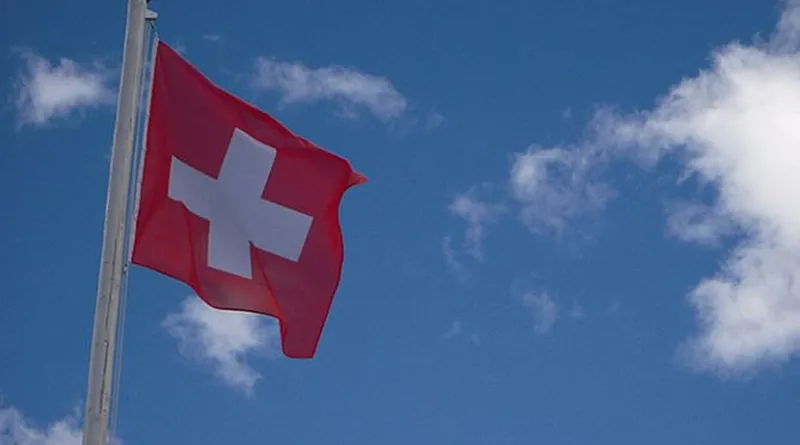NATO Secretary General Meets With Member Of Presidency Of Bosnia And Herzegovina
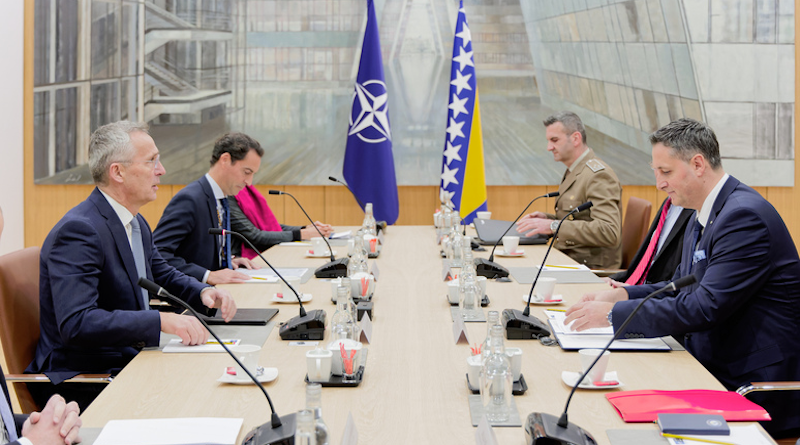
Secretary General Jens Stoltenberg welcomed Denis Bećirović, member of the tripartite Presidency of Bosnia and Herzegovina, to NATO Headquarters on Monday (16 January 2023).
Mr. Stoltenberg stressed that the stability of the whole region of the Western Balkans is of strategic importance to the Alliance, as mentioned in the Strategic Concept adopted at the Madrid Summit. He encouraged Bosnia and Herzegovina’s leadership to continue focusing on reforms for the benefit of the whole country and to preserve multi-ethnic institutions at all levels.

